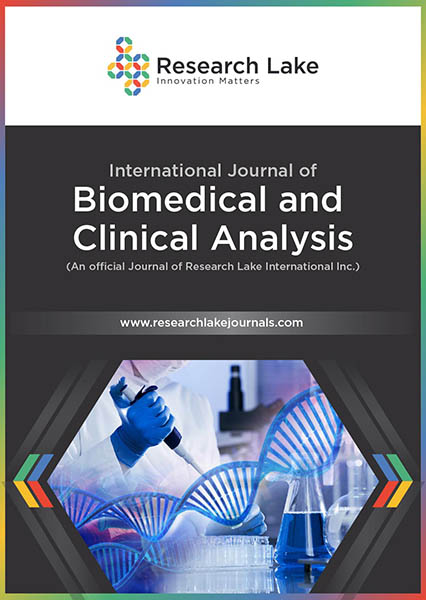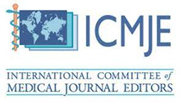Philosophy and Morality of the Era of Antibiotics using the Example of Acute Pneumonia
Abstract
The widespread and uncontrolled use of antibiotics for more than eighty years, including not only medicine, but also the food industry, has had a significant impact on the usual relationships between representatives of the microbiosphere that accompanies our body. For a long time, the possibility of side effects remained without due attention, giving way to attempts to maintain the original antimicrobial effect of these drugs. Currently, evidence of the consequences of antibiotic therapy has received official recognition only in the form of resistant microflora. Phenomena such as the constant change of AP pathogens and the gradual loss of antibiotics for their purpose remain unstudied. The selective nature of specialists' attention to the side effects of antibiotics is due to a decrease in their effectiveness and the desire to restore the successes of previous therapy. The latter circumstance is a consequence of the negative didactic influence of antibiotics on professional views that determine the strategy for solving the problem and require, first of all, changes in accordance with the fundamental canons of medical science and numerous facts.
Copyright (c) 2024 Igor Klepikov

This work is licensed under a Creative Commons Attribution-NonCommercial 4.0 International License.
Copyright © by the authors; licensee Research Lake International Inc., Canada. This open-access article is distributed under the terms of the Creative Commons Attribution Non-Commercial License (CC BY-NC) (http://creative-commons.org/licenses/by-nc/4.0/).






















